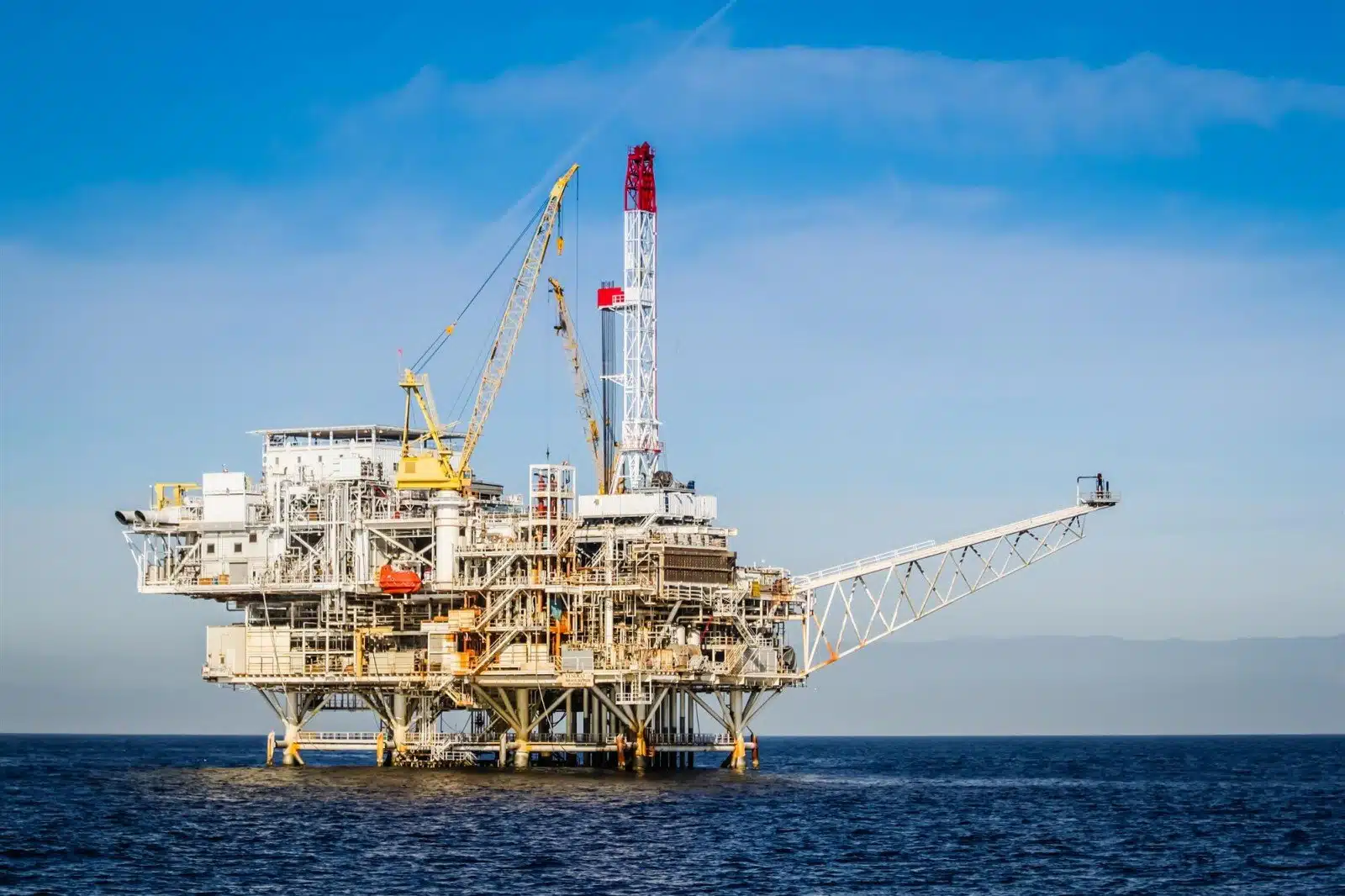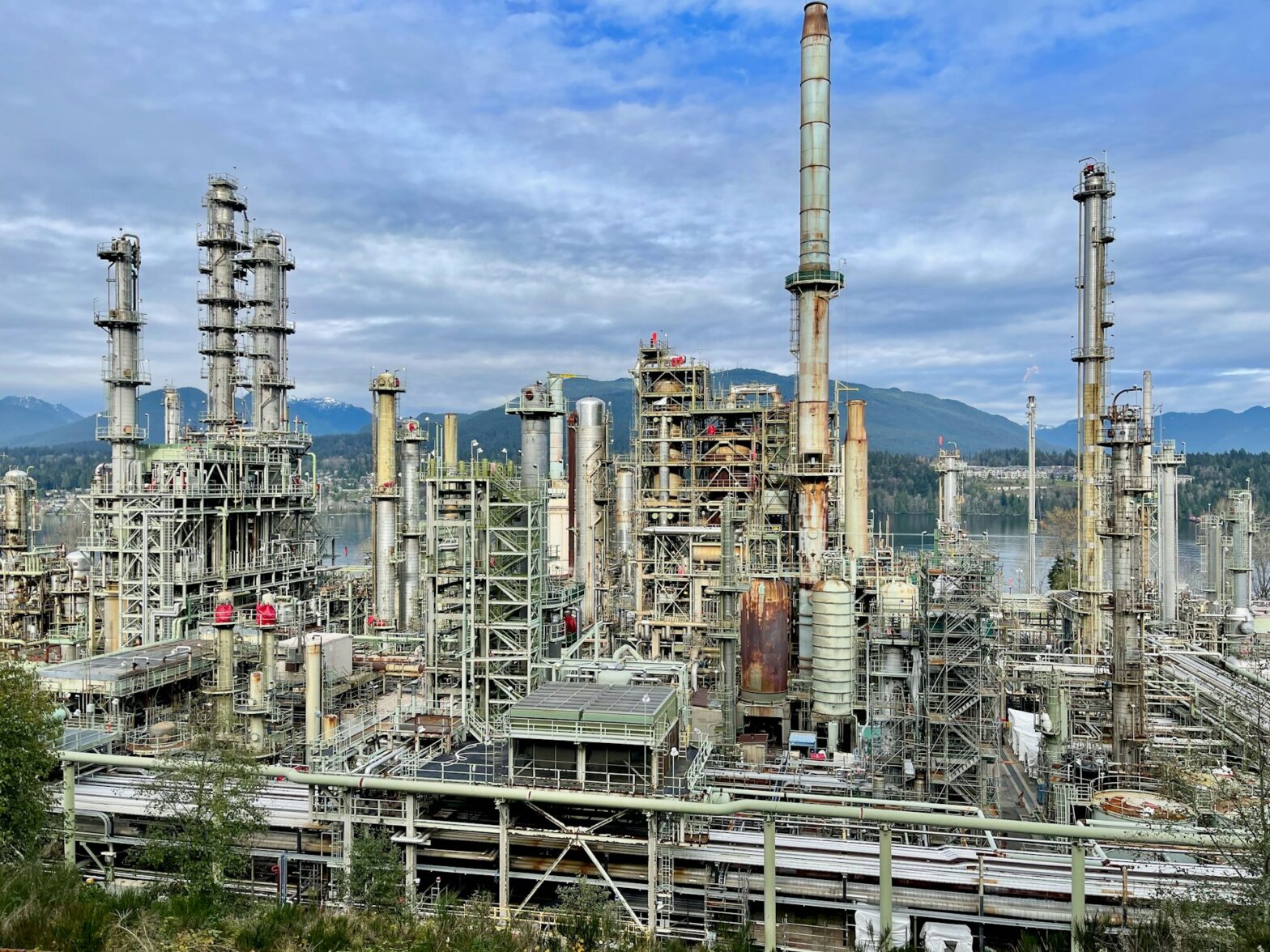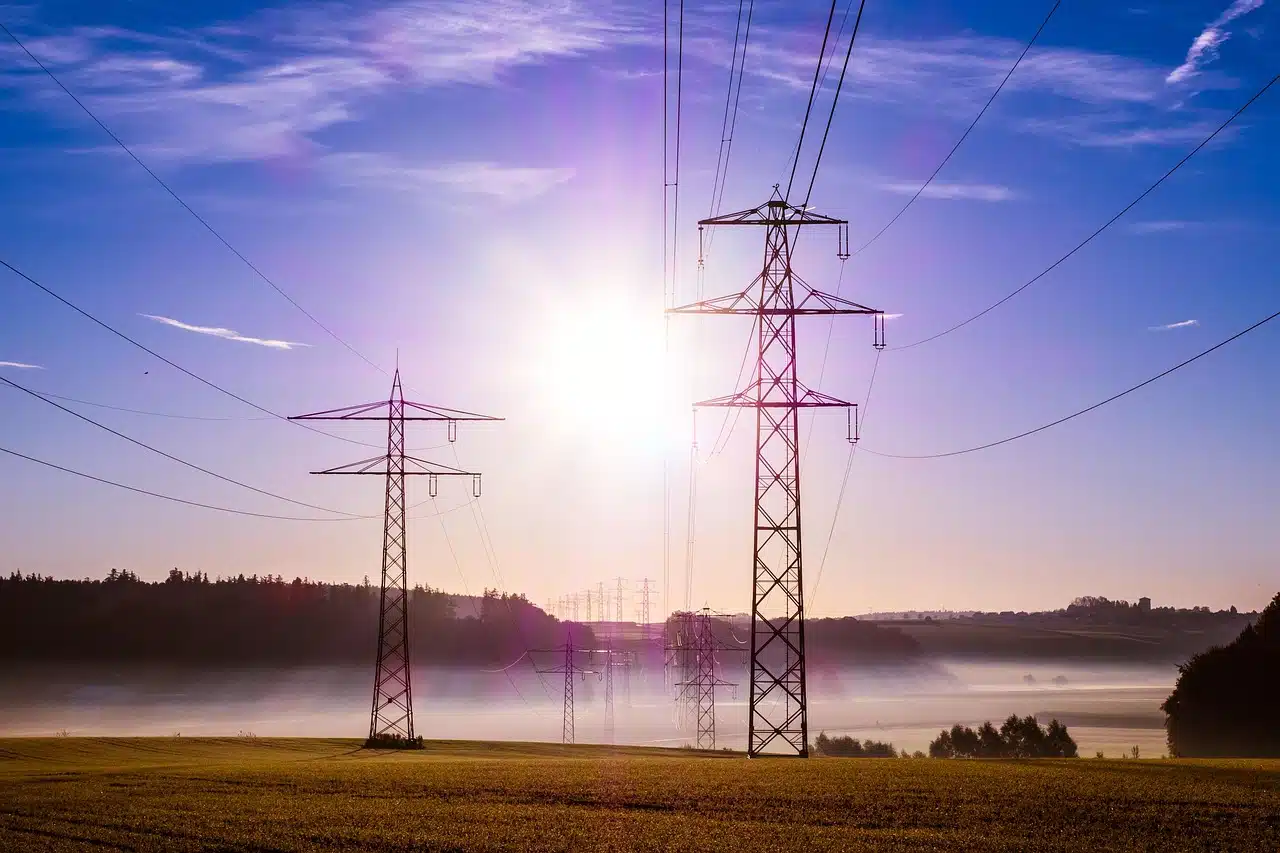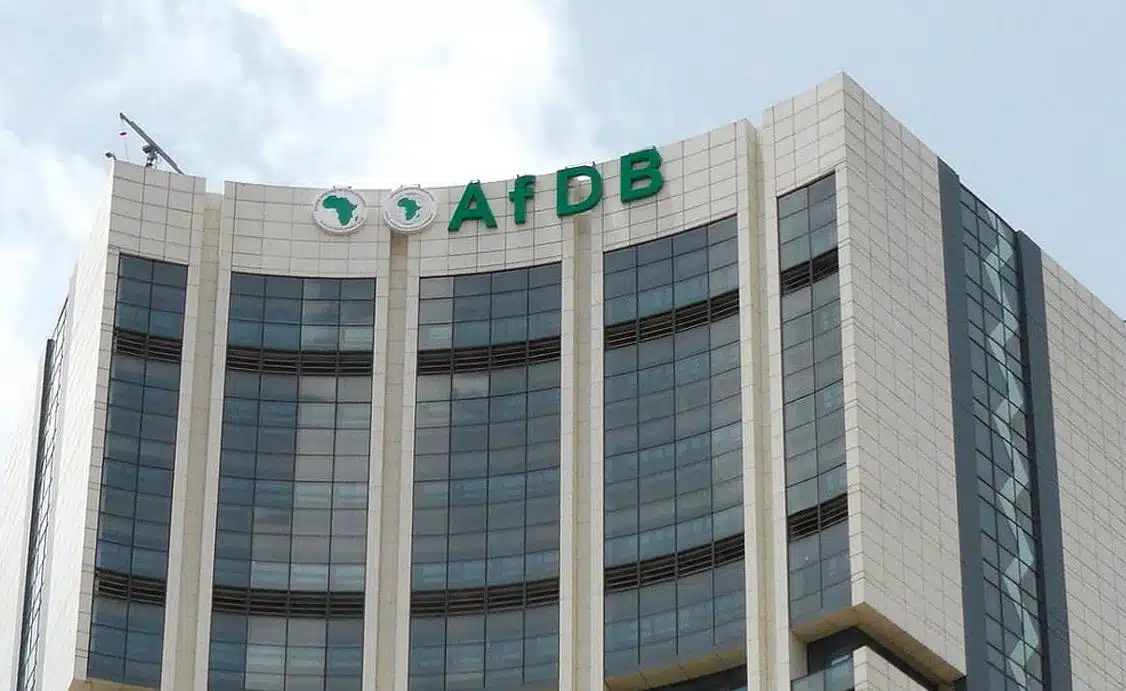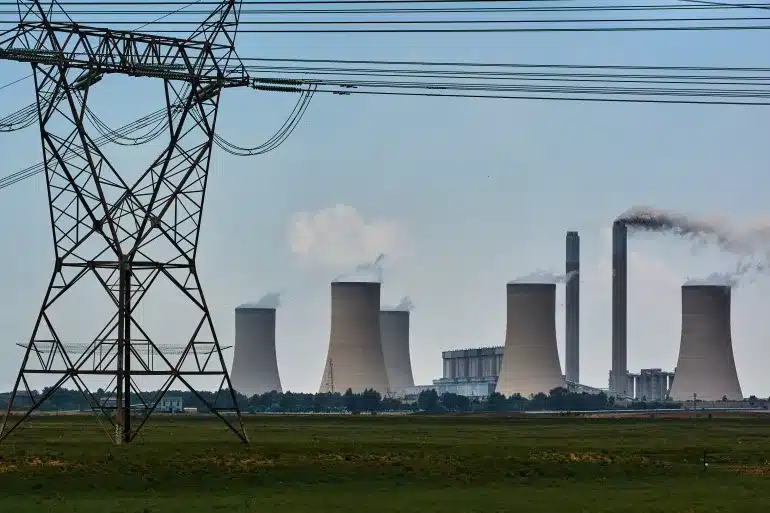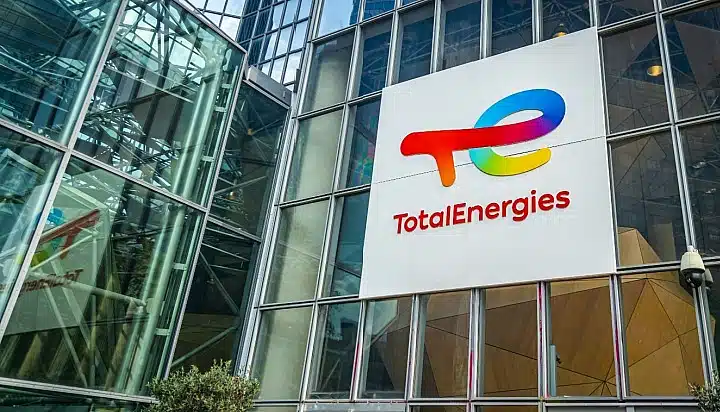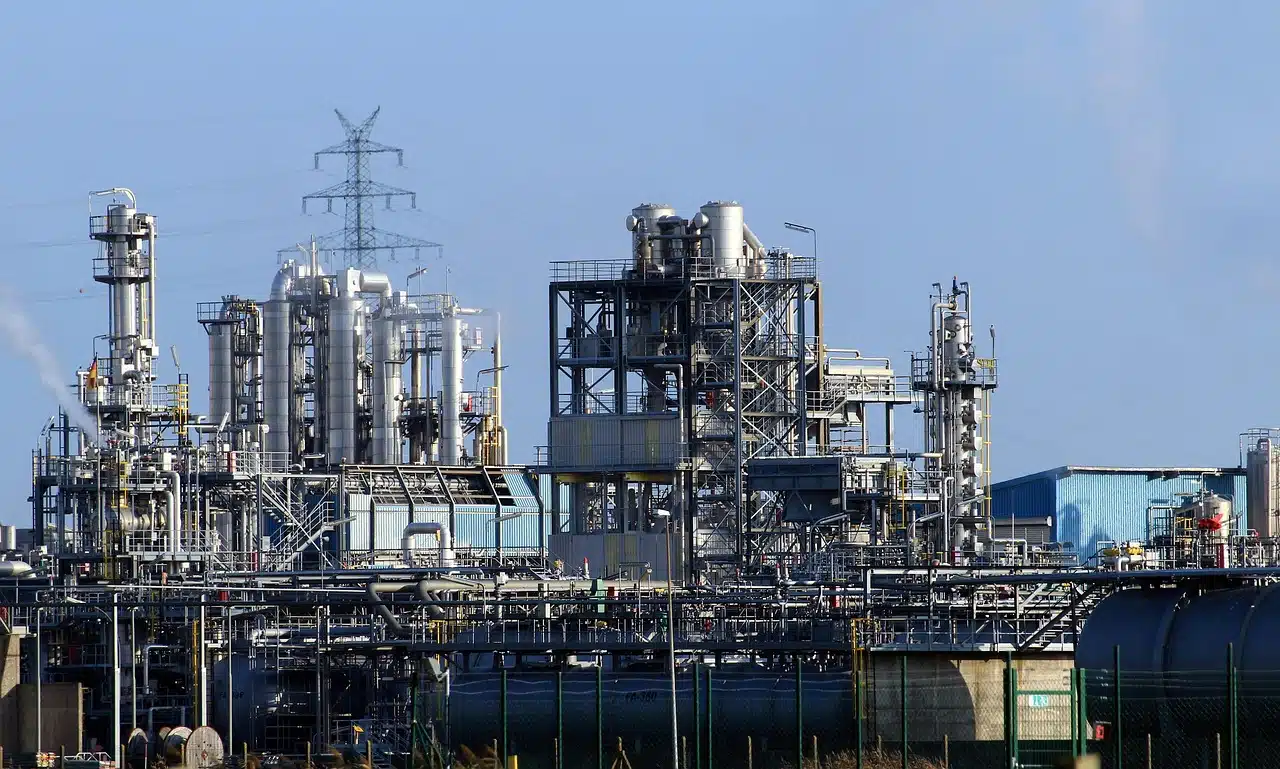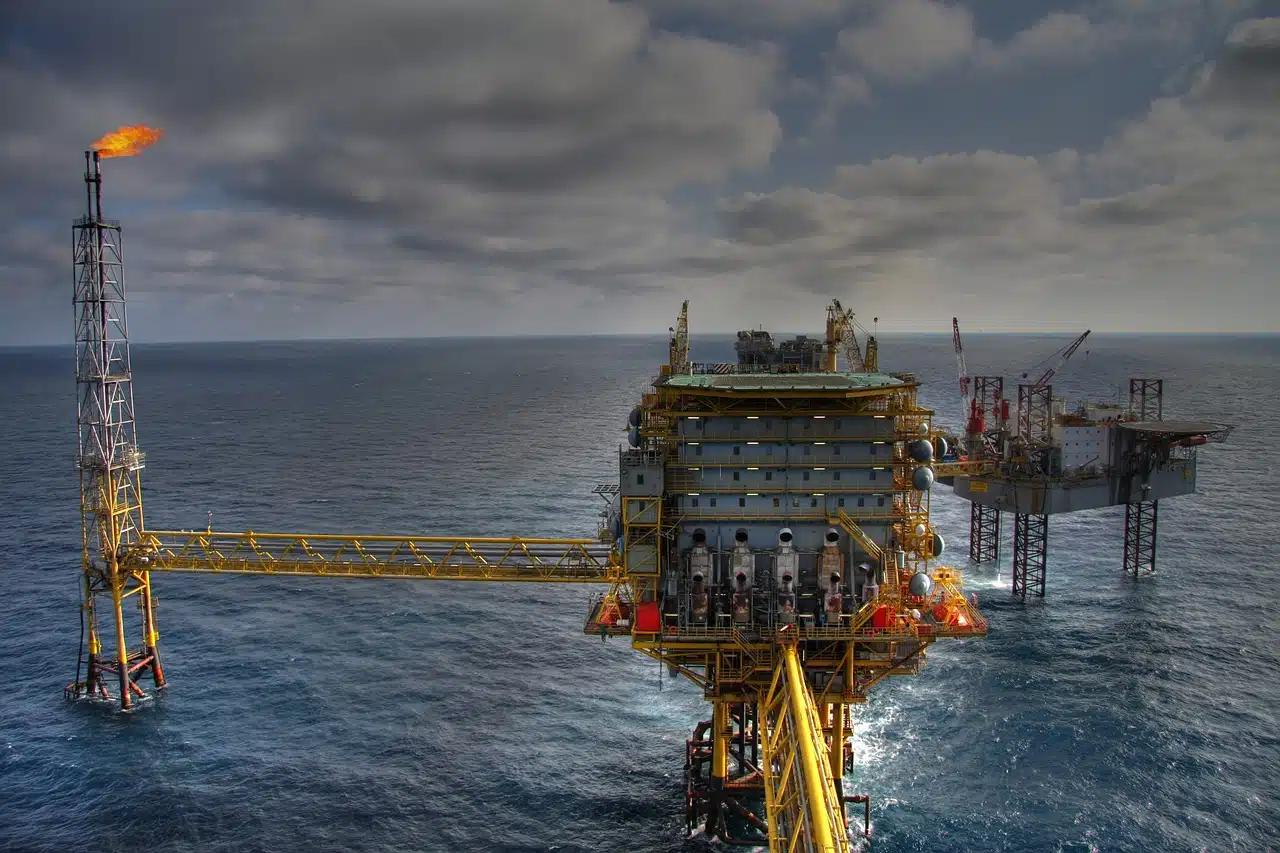Nigeria has reduced the amount oil companies can recover from their investments in offshore projects, as the government seeks more income to cover a widening budget gap.
Firms operating under Production Sharing Contracts with the state-owned Nigerian National Petroleum Company Limited (NNPC) will now be allowed to recover up to 70% of their expenses, compared with 80% previously, the Group Chief Executive Officer of NNPC, Bashir Ojulari, said at a briefing in Abuja on Monday.
Ojulari explained that the adjustment will “ensure continuous flow of production funds into the federation” while maintaining returns for investors.
He noted that the move will increase the government’s share of oil revenue without discouraging participation by international companies.
NNPC explains new recovery cost agreement
Moreover, the NNPC head explained that the remaining 30% of unrecoverable cost, also known as profit oil, will be shared between the companies and the government, in line with individual contract terms.
The change is expected to affect global oil majors such as Shell, ExxonMobil, Chevron, and TotalEnergies.
These firms operate deep water offshore projects including Agbami, Egina, and Akpo, which together contribute about one third of Nigeria’s daily crude output.
Nigeria, Africa’s largest oil producer, relies heavily on revenue from oil to fund its national budget.
Any change in cost recovery rules directly affects how much money flows into government accounts from crude sales.
Nigeria’s budget and oil targets
The adjustment comes at a time when lower crude prices and reduced production are putting pressure on government finances.
The International Monetary Fund projects Nigeria’s fiscal deficit could rise to 4.7% of Gross Domestic Product (GPP) in 2025, up from 4.1% in 2024.
The government had based its 2025 spending plan on an oil price of $75 per barrel and daily production of 2.06 million barrels per day (bpd).
However, both prices and production are currently below those assumptions, threatening to deepen the revenue shortfall.
Nigeria’s ability to raise income from its oil sector remains critical for funding infrastructure, public services, and other commitments.
Ojulari noted that the revised cost recovery ceiling was part of efforts to balance investor returns with national revenue needs.
“The federation stake is strengthened while contractors still receive fair value,” he stated.
The measure reflects the government’s bid to secure more funds from the oil industry, which continues to play a central role in the country’s economy despite global shifts towards cleaner energy sources.

